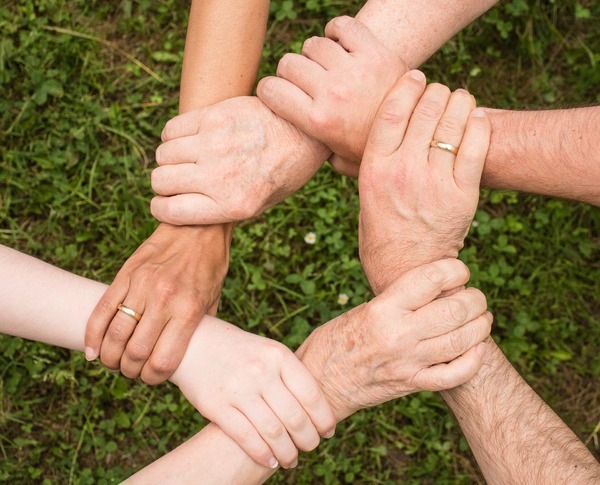How to Handle a Seattle Rehab Friend’s Relapse: 5 Tips

Rehab often engenders strong relationships with the people you meet and with whom you connect, and that connection is partly based on the fact that you are both pursuing recovery together. It can then be an extremely difficult experience watching a friend relapse after everything you have both gone through.
While it may be hard, there are some things you can do to both help your friend and maintain your own path to recovery at the same time.
1. Remember That It Is a Personal Battle
This might be the hardest piece of advice to keep at the top of your mind while you go through this experience, but it is vital to your own well-being that you do.
Always remember that nobody can receive help unless they seek it themselves.
This is true when first entering treatment, and it is still true if somebody suffers a relapse. Nobody can be forced to accept treatment; each individual must be the one to decide when and how to look for help.
2. Try Objectivity
Watching a friend lose his or her hard-earned sobriety and relapse back into addiction can be an incredibly emotional experience. The full spectrum of emotion can be present, including:
- Anger
- Sadness
- Disappointment
- Fear
- Envy
- Powerlessness
Work on stepping back from the emotional side of things as the situation progresses, and aim to be as objective as possible. Unless there is a direct threat to your own sobriety, the best thing you can do is to remain as impartial as you can. This is critical to successfully implementing the next step.

3. Be Effective Support
Supporting your friend as he or she undergoes relapse is a tricky and complex balancing act. You will not only be dealing with your friend’s emotional turmoil but your own emotional, physical, and mental response as well. Again, as long as it does not threaten your own recovery, maintaining a strong level of support can make the difference between your friend relapsing for good or seeking additional treatment.
There are a number of strategies you can use to help guide somebody through a relapse episode:
- Do not run away if he or she admits to having relapsed or to considering relapsing.
- Avoid enabling actions or language.
- Gently remind your friend of all of the hard work he or she accomplished in treatment.
- Hold your friend accountable for his or her actions, being gentle but firm.
- Avoid blaming or shaming tactics.
- Aim for an optimistic approach over discouragement.
- Set a healthy, sober example for your friend to follow.
These actions take discipline, restraint, and critical thinking, but they can be tremendously helpful to someone experiencing a relapse. Think of yourself as a guiding light to a person lost at sea. Be bright, constant, and unmoving in your support, and it will help your friend remember the benefits of recovery and a sober lifestyle.
4. Remember that Relapse Does Not Equal Failure
This is an essential fact to remember when a friend is undergoing relapse. According to NIDA, the relapse rate of recovering alcoholics is 40-60 percent. This is similar to other chronic diseases, such as diabetes or hypertension.
The chronic nature of addiction means that relapse is not only a possibility but a likelihood.
Understand that a relapse episode means that treatment should be revisited, and adjusted as needed. More work needs to be done, but recovery is still within reach for your friend.
5. Do Not Neglect Your Own Well-Being
Sometimes, despite your best intentions, you may find it almost impossible to associate with a friend experiencing a relapse without relapsing into destructive behavioral patterns yourself. If that is true in your case, remember that you must put a priority on your own well-being first. Your ultimate responsibility is to maintain your own sobriety and your own path to wellness. If being a support to your friend endangers your own recovery, it may be necessary to limit association with that friend to protect yourself.

If you are concerned that a friend in Washington State is close to or currently relapsing back into addiction, Recovery Village Ridgefield is here to support both of you. Our treatment programs offer holistic, evidence-based methods that are tailored to your unique needs as an individual. Contact us today to learn more about admissions.




